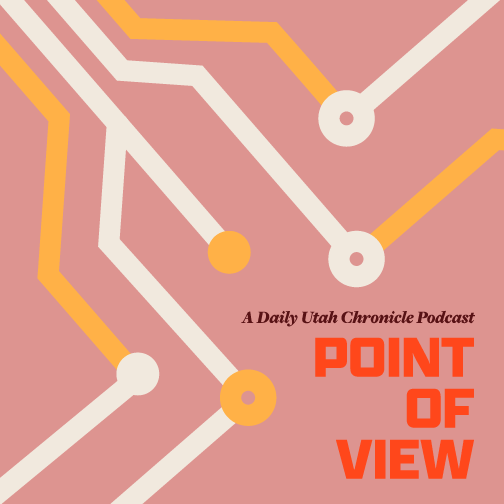Vegetarianism, or worse, veganism, has become extremely popular recently. Often associated with a more moral or benevolent lifestyle, vegetarianism has also become a feasible diet option for many in the last few decades. Many religious groups, political/social coalitions and even certain schools of philosophy agree that the best way to go about diet is to avoid eating meat altogether. Many cite health benefits and an ethical necessity. There are others who are not trying to persuade you to believe that vegetarians are guaranteed to live longer, happier, healthier lives. Though they don’t necessarily think that we are morally compelled to treat animals as we would treat humans, there are many who would urge you to cut meat out of your diet entirely for the sake of the environment.
It’s true, whether you love cows with all your heart or you’re simply worried about your heart health, eating meat (red meat specifically) contributes to the production of unnecessary solid and gaseous waste and expedites the process of anthropogenic environmental destruction. Based on a 2,600 KCal/day diet (or the average American diet), a diet that is composed of large quantities of meats produces a carbon footprint nearly twice the size as that of a vegan diet. Furthermore, stock animals must be fed and housed in order to be eaten. In other words, food that could be used simply to feed humans and land that could theoretically be used to grow that food is being used inefficiently. For example, 100 acres of land has the capacity to produce 11,500 loaves of bread or 1,200 steaks. From an ecological perspective, it’s simply less efficient to have a meat based diet than a plant based diet. Given how many people there are, how much land we have and the necessity of becoming more ecologically sustainable, we ought to stop producing and consuming so much meat. Ideally, everybody would become a vegetarian (the difference between a vegan and a vegetarian diet is negligible compared to the difference between those and an omnivorous diet), and we would immensely decrease the severity of our individual environmental impact. We would contribute to less greenhouse gas production, contribute to a lower concentration of fertilizers and pesticides used to grow cattle feed, contribute to more efficient land use and much more. The benefits of adopting an entirely new dietary lifestyle are endless, but perhaps the possibility of achieving one is slim.
It is not the case that all other kinds of industrial food production are completely environmentally friendly. Even a vegan diet contributes to solid waste and gas emissions. Every farm uses at least one tractor and every farm must continually maintain an infrastructure. A vegan diet contributes to the use of fertilizers and pesticides and therefore to water contamination and ecosystem disturbance. It seems an extremely lofty goal to expect everyone on Earth to suddenly stop eating meat. In fact, we have never not eaten meat.
For those of you who can’t imagine life without the taste of animal flesh, don’t stress. In practice, the goal should be sustainability through moderation. We can’t avoid having some impact on the planet, but we can do our best to mitigate our effect. From an environmental and biological perspective, we should be permitted to eat some meat. The point is not to consume so much that our impact becomes unmanageable. A more realistic goal would be to shift our meat eating habits to poultry, fish, or pork rather than beef. A more realistic goal would be simply to decrease the proportion of our diet that consists of meat. You don’t have to eat only broccoli, but maybe just eat more broccoli than you do bacon. A sufficiently sustainable diet actually includes meat in very low amounts and mostly of fish.
In reality, the average omnivore can have just as large an impact as the zealous vegan. It’s all about moderation and conscious food choices. When you think about it, a sustainable diet, which still includes meat, sufficiently pleases the environmentalist, the health enthusiast, the flesh-eater and perhaps even the moral militant (at least there would be fewer dead cows).

















